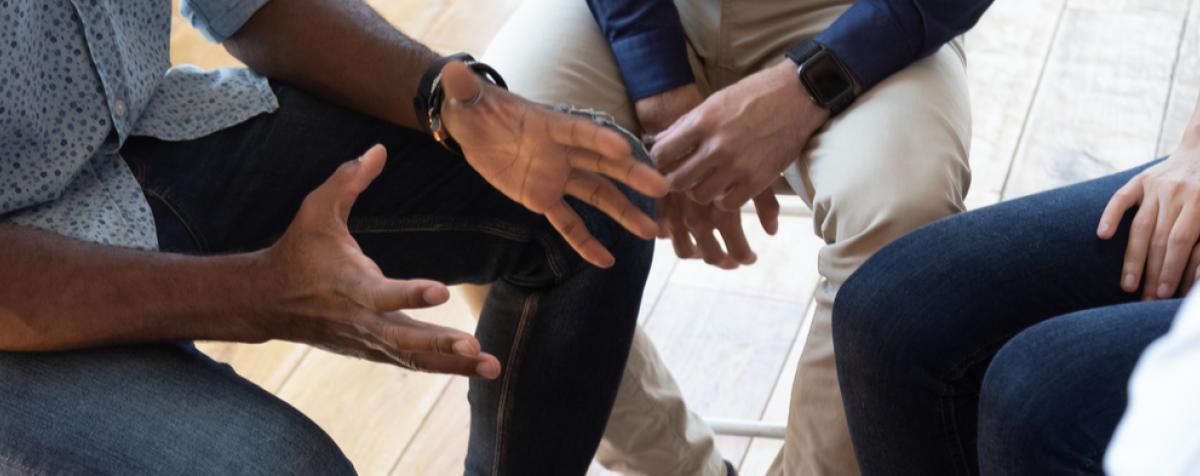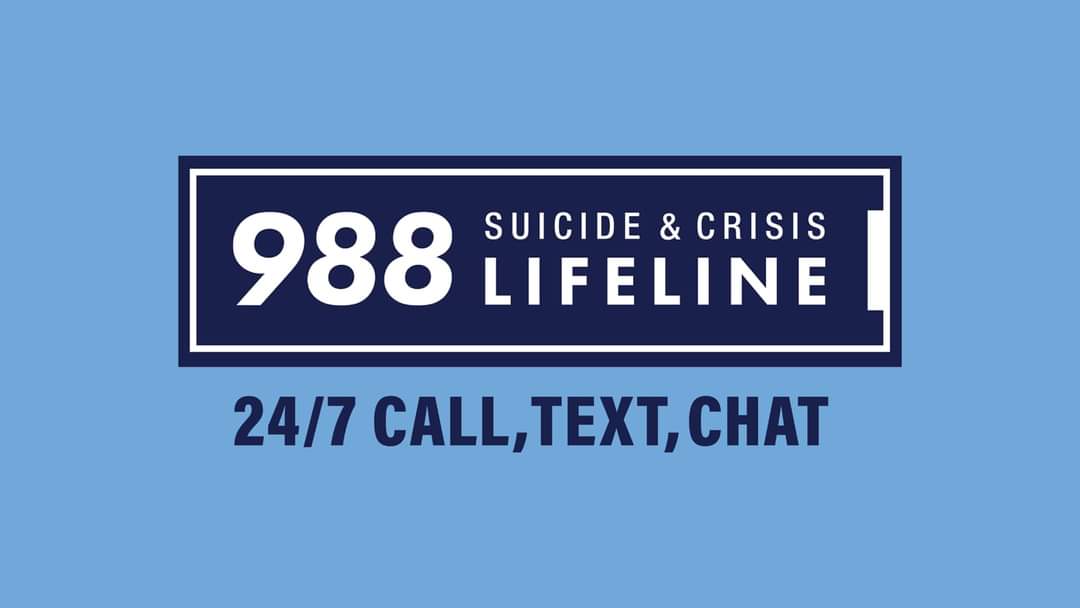Counseling Services
Welcome to Counseling Services at the University of Denver Health & Counseling Center (HCC). We are here to support your mental well-being and academic success. Whether you are experiencing a situational problem or mental health crisis, or you have ongoing psychological concerns, we are here to help.
Our dedicated professional staff includes licensed psychologists, licensed clinical social workers, and licensed professional counselors, as well as supervised graduate students from all of these disciplines who gain valuable experience through our training and professional development programs. Each staff member is committed to supporting student development and growth from the period of transition to DU, throughout the college journey, all the way to graduation and beyond.
HCC Counseling services are offered to all on-campus undergraduate and graduate students. Individual, couples and group therapy options are available. All our services are confidential — no information is released to anyone without written consent, except in the case of a life-threatening emergency or when it is otherwise required by law.
We're Ready To Help
Counseling Services can help get you needed support, whenever you may need it. Below is summary of how to contact us, learn about services we provide, and wider resources.
Try this quick and anonymous online Mental Health screener.
You may drop in to our same-day access services (without a scheduled appointment) on weekdays between 1pm and 3pm at the HCC main location on the third floor of the Ritchie Center (north side, on Buchtel Boulevard facing I-25).
Call our Front Desk during business hours at 303-871-2205 or schedule an initial consultation via the MyHealth portal any time:
Schedule an Initial Consultation
If you'd like to make an appointment to meet us for an initial consultation, you may do so online via the MyHealth portal or by calling the Front Desk at 303-871-2205 during regular business hours. We look forward to meeting you!
Get Help Right Away
In any life or safety threatening emergency, dial 9-1-1 or call Campus Safety at 303-871-3000 right away. If you are experiencing a mental health crisis, call the Front Desk at 303-871-2205. Even after hours, there is always someone available to help! Just follow the prompts.
Drop In Hours — No Appointment Necessary!
Our Ritchie Center offices are open for no-cost, same-day consultations on weekdays (Monday through Friday) between 1pm and 3pm. Stop by to meet with a counselor for a brief 15-20 minute consultation with a counselor to learn more about our services and treatment options, or in the event of an urgent mental health issue. Students are seen on a first-come first-serve basis during this time.
Specialty Services
Our professional, highly trained counselors are committed to, and have experience with, a wide range of student experiences.
Group Therapy & Workshops
We host a variety of therapy groups for students who want to engage together around similar issues, and can even send staff members out to your on-campus group to lead mental health workshops for residence halls, clubs, sports teams, and more.


